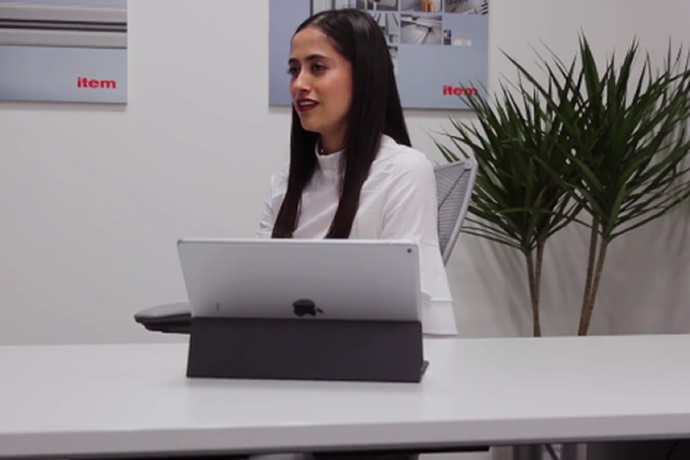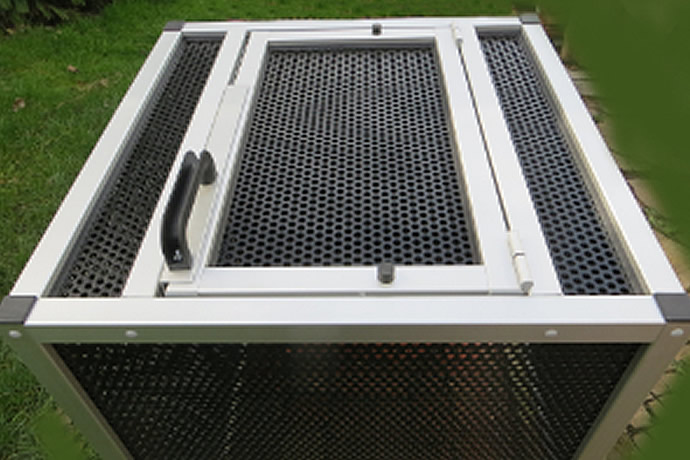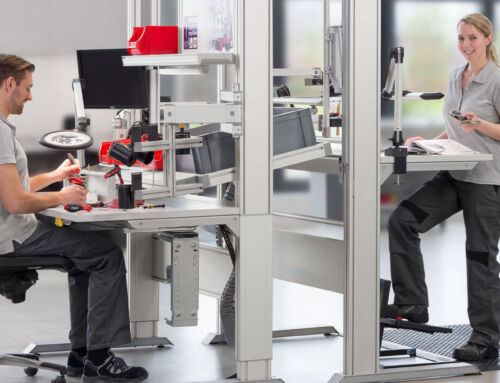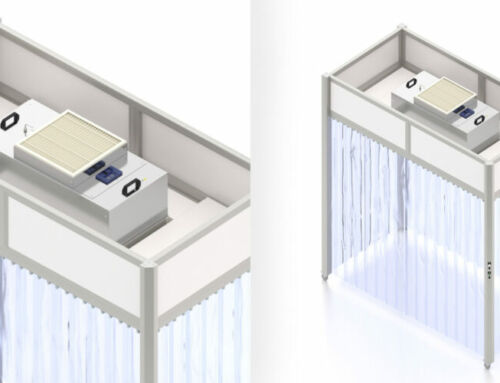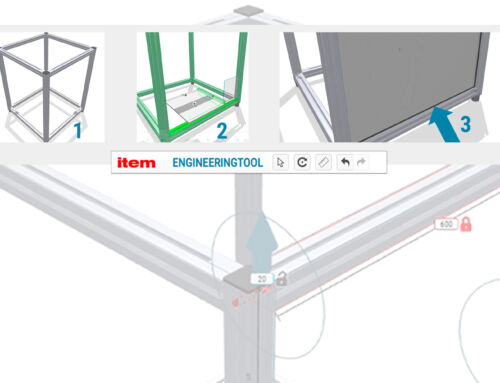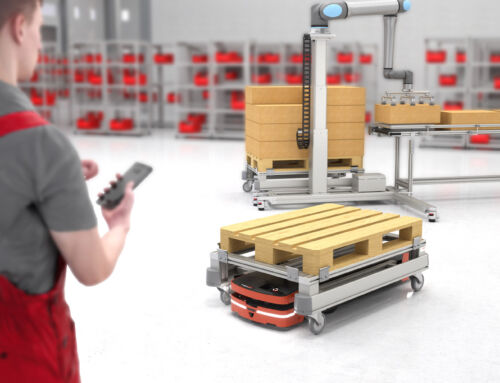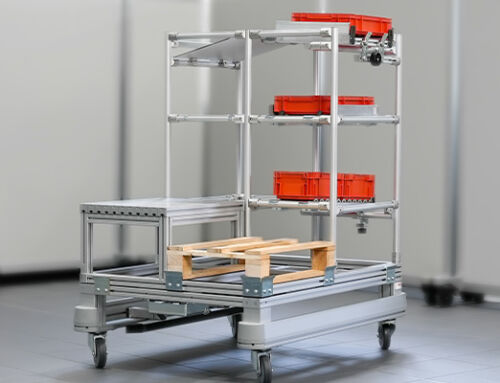KJ Cocke, engineering manager at item West, believes that a balanced workforce is vital in helping engineering firms produce products that meet the diverse needs of their customers.
“No matter what field you’re in (within) engineering, end-users are both men and women, so there should be equal representation in creating products for them,” Cocke notes. “Whether it’s a cart in a plant, or an iPhone, or a child’s toy, both genders should have collaborative input on creating those things.”
Although the number of female engineers today has greatly improved since the early 1980s, when only 5.8% of engineers in the U.S. were women, it’s still surprisingly low. Currently, only 14% of engineers are women, according to the Congressional Joint Economic Committee.
“Women have a lot to offer to this industry — our point of view, our own intelligence, our own perspectives,” says Cocke. “If we choose to sit out of those opportunities, or choose to let (lack of) confidence or self-esteem get in the way, we don’t get a say, an influence, or a chance to impact a product.”
Understanding the disconnect
According to The American Association of University Women, the United States will need 1.7 million more engineers and computing professionals by 2027. So, if engineering is such an attractive career path, why is there such a large gap between the number of male and female engineers? Cocke believes attitudes that girls encounter early in life have a large impact.
“I think it has to do with the ‘intimidation factor’, in large part,” she says. “A lot of girls start to lose their self-esteem in sixth or seventh grade when they begin making personal connections and finding their place in the world, and find it’s not ‘cool’ to be smart.”
She believes this kind of stigma has a pronounced social effect in the way that girls develop their interests from that point forward, and the way that they interact with their male counterparts who have similar interests.
“It makes them feel this competitive edge” Cocke notes. She believes that many girls then begin to wonder how they can be “as good” as the boys. “In reality, you don’t have to be ‘as good’ as the boys … you just need to be as good as you,” she says.
Empowering women engineers and closing the gap
Cocke recommends empowerment and resilience for women who either currently work in engineering fields or who hope to someday pursue a career in engineering. She has a few words of advice for women who are contemplating this career path: “Be ready for those challenges, because there are men who may not take your opinion seriously,” she cautions. “There are going to be people who think you don’t belong in that career, but that’s not true. You have just as much right to be in that career as any other person in the field.”
She believes these negative attitudes can be overcome with preparation and by consistently producing high-quality work. “Be confident,” Cocke encourages. “If it means you need all the more facts (and) knowledge to prove yourself, you’ll work twice as hard … and your peers and supervisors will see that.”
Cocke believes that, ultimately, women’s success in engineering is a matter of persistence. “I think we just need to be empowered, to be present and to participate,” she says. “Don’t let anyone crush your spirit to create something for the future!”
item is proud to support the inclusion and empowerment of women in the field of engineering. For more news that highlight the amazing stories and contributions of women engineers, visit https://www.advancingwomenengineers.com/
